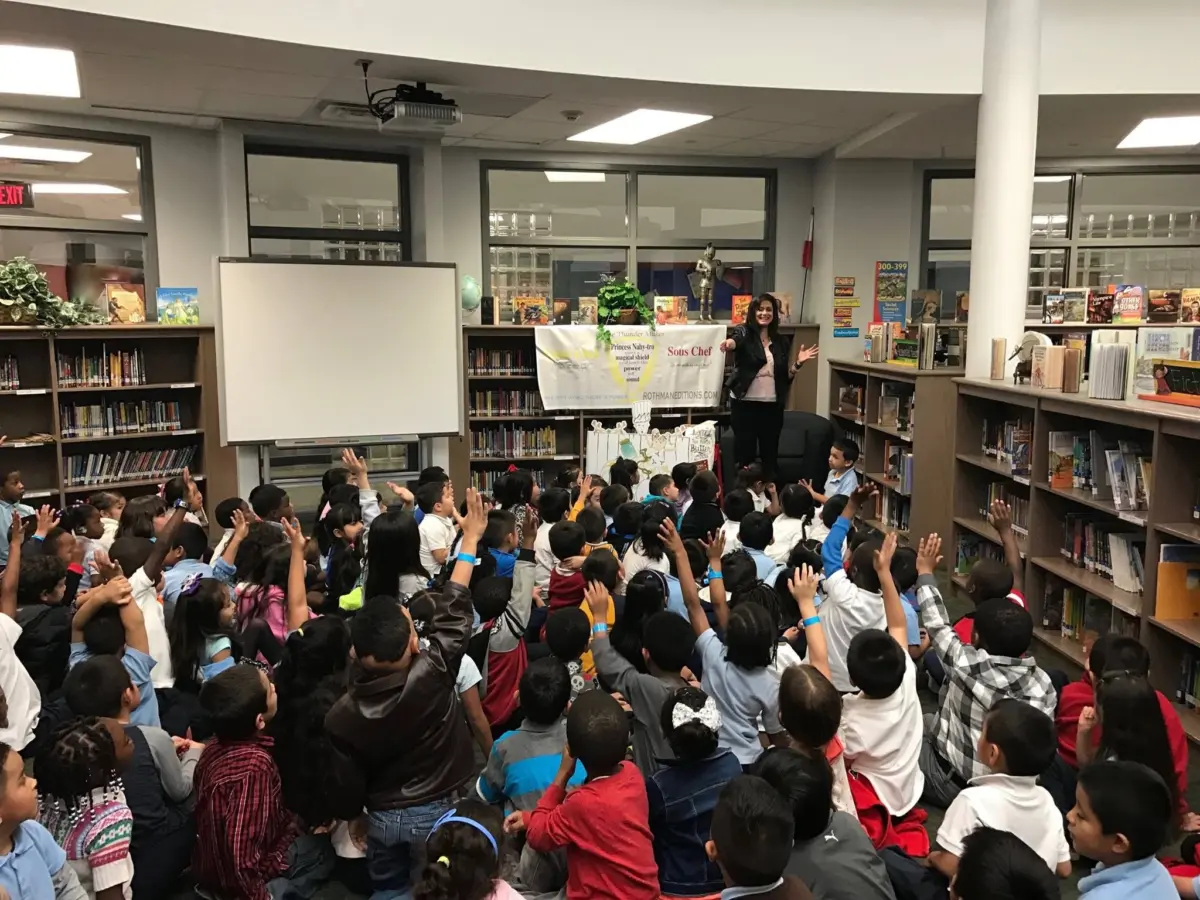We want our kids to reach for the stars, dream big, think for themselves and grow up with a life and career that they happily built. But how when the winding path to achieve such goals involves so many variables and, sometimes, challenges that may be out of our control? Well, there is a way, and the path is actually straightforward. I’ve walked it myself with the many students I’ve had the honor of teaching. It’s a ticket that our children can take anywhere and it opens all doors no matter the variables. It’s Reading to be a Critical Thinker.
In education, all roads converge with Reading. Reading is key to becoming a Critical Thinker. And Critical Thinkers reach whatever stars they set their eyes on. Simple Reading strategies to obtain Critical Thinking Skills are easy and exciting.
The technical definition of Critical Thinking is to utilize data, decipher fact from fiction, gather information to synthesize, reflect and find resolution. Because our kiddos are not quite ready to knock out a dissertation, it’s easy to swat the entire concept away. After all, we want them to enjoy reading. Not to fret. The real-world, enjoyable, application of Critical Thinking that I teach is much smoother: Emphasize conversation not curriculum.
Two simple strategies reap indispensable rewards:
- Set a comfortable reading routine; 20-30 minutes daily and if the child wants to read longer, then great. However, never allow reading to be a chore or punishment.
- Check-in with your child by asking about what they read; a 5-10 minute conversation twice a week can accomplish this and when you can do more, then great.
Yet, there isn’t always time to read every word your child reads. So how will you know what to ask? Simply ask anchor questions like the examples below and keep the conversation lighthearted. When a child has this consistent interaction, they naturally find deeper meaning as they connect to the story and build a greater awareness of the world around them.
Ask about any fiction book:
- Before you read, glance at the pictures. Can you predict what the story will be about?
- Have you had a similar experience to that of the characters?
- Did you read about an idea or situation that surprised you?
- Where did the story take place and how did it affect the problem in the story?
- Can you tell me in your own words what you read about today?
- Describe a character’s personality. Do you agree with their actions? Why?
Ask about any nonfiction book:
- Before you read, take a brief glance at the pages. Can you predict what the text will be about?
- What is the main purpose the author wants to share? How do you know?
- Did pictures, maps, graphs, or visuals help you better understand the information?
- Did a person share information about the subject? What did they say?
- Did you learn a new fact?
- Do you think combining the different pieces of information is helpful?
Playing an active role in a child’s reading is nothing less than exceptional. Encourage them and you will engage them. Have fun involving your child in book selections, yet also expand their palette by seeking a variety of fiction and nonfiction. Soon, it will be second nature for your extraordinary child to read beyond the page. Critical Thinkers are lifelong learners, reflective, more responsible, innovators, and their opportunities are plenty. They pave their own road ahead and won’t just reach for the stars, they will probably find and name a few new ones. So begin sharing the joy of reading today.




